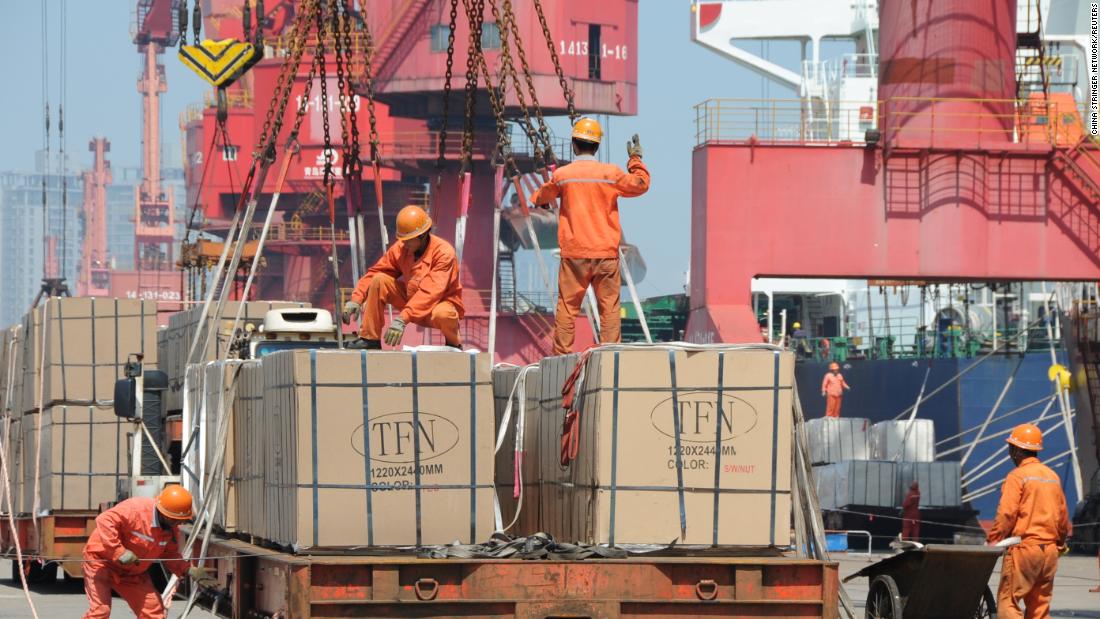
Banks jockeying for a role in WeWork’s public debut wooed founder Adam Neumann with sky-high valuations that would make him a billionaire many times over. Their loans to the company told a different story.
JPMorgan Chase & Co., Goldman Sachs Group Inc. and other banks arranged giant fees and strict protections that reflected their concerns about WeWork’s unproven business model and Mr. Neumann’s unpredictable behavior.
When Wells Fargo & Co. signed on to a $6 billion loan earlier this year, Mr. Neumann said: “If the largest lender in this country can get comfortable with this, then everybody should.”
SHARE YOUR THOUGHTS
Who do you think is to blame for WeWork’s struggles? Join the conversation below.
Yet Wells Fargo, the fourth-largest U.S. bank, only started lending to WeWork after an executive at the bank promised to keep an eye on Mr. Neumann, according to people familiar with the matter.
Banks harbored significant doubts about We Co., as the WeWork parent is known, even as they pitched its stock to investors, according to interviews and documents reviewed by The Wall Street Journal. Running out of cash, the company was rescued last month by Japanese conglomerate SoftBank Group Corp. in a deal that bounced Mr. Neumann.
WeWork’s unraveling has hit hardest the wallets and reputations of SoftBank and other venture-capital investors who enabled Mr. Neumann and his company’s rise. But with its money and credibility, Wall Street also fed the company’s breakneck growth and its image as a superhot technology company.
WeWork’s model—leasing office space, outfitting it with touches like free beer and fruit-infused water, then subleasing it—required a constant supply of credit. Landlords demanded bank letters that guaranteed several months of rent upfront. These letters could be recycled as the short-term pledges expired.
JPMorgan was one of the biggest lenders to WeWork and to Mr. Neumann, who counted CEO James Dimon and asset-management chief Mary Erdoes, whose division had lent to Mr. Neumann, among his confidants.
In 2015, JPMorgan led a group of banks extending a $650 million loan to WeWork. Two years later, the company went back for another $500 million, and Wells Fargo joined the group.
Wells Fargo bankers acknowledged internally that WeWork’s business model was unproven but agreed to lend $100 million if the company set aside cash as collateral, according to people familiar with the matter and a memo reviewed by the Journal.
Related Articles
WeWork would be a profitable client in Silicon Valley, where Wells Fargo doesn’t have a strong presence, they argued in the memo. It also could land the bank a role in WeWork’s IPO and future stock sales, which the bankers estimated could bring in $12 million in fees, according to the internal memo about whether to approve the loan.
An internal committee initially rejected the loan, raising concerns about the company’s prospects and Mr. Neumann’s style, the people said. Roy March, the head of Wells Fargo’s Eastdil real-estate unit, assured executives he was close to Mr. Neumann and would personally mentor him, the people familiar with the situation said. Perry Pelos, a top Wells Fargo executive, ultimately signed off after several appeals, the people said. Wells Fargo sold most of Eastdil this year.
This summer, as WeWork prepared to go public, Mr. Neumann told friends a new round of bank financing would “blow the market away,” according to a person familiar with the matter. He had been meeting with Mr. Dimon and Goldman CEO David Solomon, people familiar with the conversations said.
Bankers at JPMorgan and Goldman, meanwhile, were vying for roles in the company’s IPO. They had told Mr. Neumann it could be worth as much as $60 billion (JPMorgan) and $90 billion (Goldman), according to people familiar with the matter. Lining up a loan would help them win the assignment.
JPMorgan proposed a $6 billion loan that required WeWork to raise $3 billion in the stock market by the year’s end. The package included a $2 billion line of credit it could use to continue to sign deals for new space.
Goldman proposed $3.65 billion in loans, secured by income from WeWork’s buildings, people familiar with the matter said. The deal would allow WeWork to borrow more if it hit certain milestones—up to $10 billion over time—and didn’t require the company to go public, some of the people said. WeWork executives wanted more money upfront, they said.
JPMorgan won.
The bank pushed other lenders to commit at least $750 million apiece toward the $6 billion total, dangling a role in the IPO, according to people familiar with the negotiations. Some bankers worried JPMorgan’s initial terms were too lenient and demanded WeWork set aside more cash to back the loan, the people said.
Eventually, the $2 billion line was 100% collateralized, meaning WeWork would have to pledge a dollar of cash for each dollar it borrowed, the people said. Goldman, Wells Fargo and six other big banks agreed to participate.
The lenders would split about $250 million in fees upfront, according to people familiar with the deal, a high sum for a low-risk arrangement. A day after it was finalized, WeWork said it had chosen JPMorgan and Goldman to lead its IPO. The other banks got junior roles.
The IPO ran into trouble almost immediately after documents were filed in August. Investors balked at WeWork’s growing losses and unusual financial arrangements between the company and Mr. Neumann. Bankers offered shares at a lower price; investors still didn’t bite.
The company pushed Mr. Neumann out as CEO and called off the IPO in September, which killed the loan deal. WeWork, suddenly dangerously low on cash, found the banks unwilling to reup.
It turned back to JPMorgan, seeking a $5 billion lifeline, people familiar with the matter said.
This time, the bank refused to lend its own money without gauging demand from investors, people familiar with the matter said. It eventually offered the full $5 billion itself.
WeWork took SoftBank’s money instead.
Mr. Dimon defended his bank’s dealings with WeWork in a television interview this week.
“We helped WeWork get to a proper conclusion,” Mr. Dimon said. “Now it has a chance to succeed.”
—Eliot Brown contributed to this article.
Write to David Benoit at david.benoit@wsj.com, Maureen Farrell at maureen.farrell@wsj.com and Liz Hoffman at liz.hoffman@wsj.com
Copyright ©2019 Dow Jones & Company, Inc. All Rights Reserved. 87990cbe856818d5eddac44c7b1cdeb8
https://www.wsj.com/articles/as-wework-grew-wall-street-lent-it-money-and-credibility-11573209003
2019-11-08 10:30:00Z
52780430347079


.1573129354321.png)

